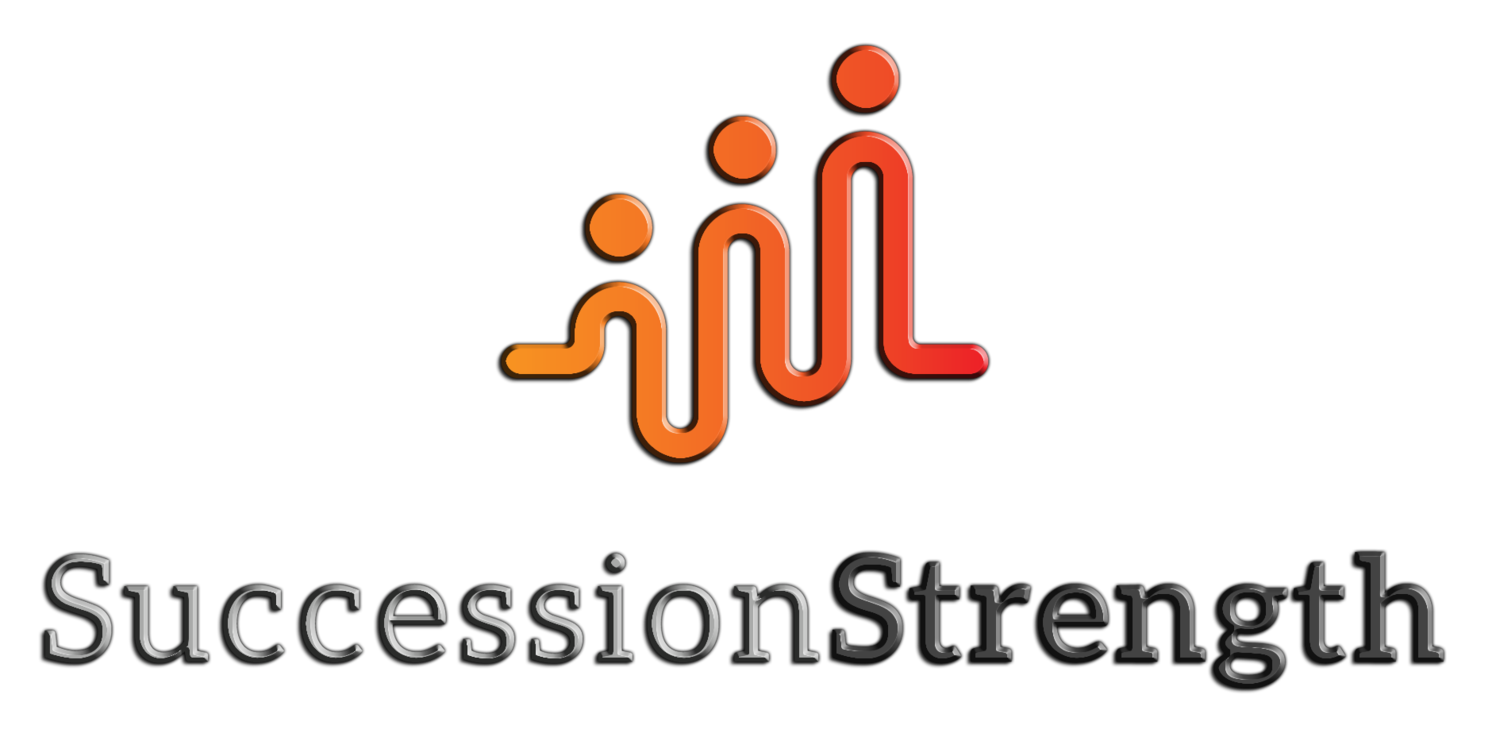A New Year, Another Chance To Secure The Future Of Your Family Business
A New Year, Another Chance To Secure The Future Of Your Family Business
This article first appeared in Forbes.
As last year came to a close, you made one list and checked it twice.With January 1 on the horizon, you made another list. A list of resolutions. For the long term stability of your business, succession planning needs to be on that list, but not in the form of another resolution that is quickly forgotten in February.
What’s the big deal with January 1st? On the face of it, it's a day like any other, complete with its own 24 hours, 1440 minutes or 86,400 seconds.In a more profound sense, however, New Year’s Day is an important milestone for most of us. It’s a definitive marker: the ending of one calendar year and the beginning of another.
This makes the beginning of a new year a time of deep reflection which could, for many, be a season of intense anxiety.
Too many of us walk into January with a nagging sense of regret about the things that we failed to do in last year and a long list of 'resolutions' to make atonement in the next. Yet, if you’ve ever struggled to find a parking spot at the gym in January - as you probably are now - and have then gone on to find the same parking lot empty in February, you know just how well that kind of approach works.
Family business owners are by no means exempt from this dynamic. Looking back at the last year, there are sure to have been a plethora of productivity hiccups, management mishaps, and personnel issues to provoke a whole other host of resolution-making for the new year.
The Need for Early Succession Planning
Each year, about 70% of family businesses fail to transition from the first generation to the second. Why? Simply put, the bulk of them fizzle because they have consistently put off deep, substantive conversations about succession until the last possible moment .
We get it. Family business owners have plenty of reasons to put off succession planning:
Lack of Time - Pressing matters of the day inevitably crowd out discussions about succession. Owners have to take care of today before they can think about tomorrow.
Overwhelming Complexity - Succession planning takes time and diligence. The intricacy of the process can scare off even the most detail-oriented business owner.
Communication Woes– Especially in family-owned businesses, unhealthy patterns of communication present severe challenges to succession planning .
Interpersonal Conflict - Family dynamics give rise to conflicting loyalties amongst employees. The impasse created by these tensions often gets in the way of planning.
The Ostrich Syndrome - Rather than face up to the reality of their own mortality, many owners bury their head in the sand and keep pressing forward.
While we understand these obstacles to planning, we’ve also seen firsthand what happens when businesses fail to plan. Years pass without a word of about succession. Then, all of a sudden, the owner either loses the energy to run the business effectively or passes away unexpectedly.
In both cases, the company ends up between a rock and a hard place. With little time to figure out the future, remaining stakeholders end up making hasty decisions that could harm the business.
As difficult as it may be, family business owners need to start thinking about succession today. We never know what tomorrow will bring.
Guilt-free Goal Setting
That said, the most promising way forward isn't in criticizing yourself for what you’ve left undone. Nor should you load yourself down with a set of unrealistic expectations that will be unsustainable beyond the first quarter.
Instead, we want to suggest a simple 3-step goal to kick off your succession journey. Put them in your calendar and resolve to follow through on these tasks, regardless of what’s happening in the business that day, week, or month.
Here are the 3 things you should commit to doing this year to start your succession journey on the right foot :
Business Continuity Plan – Create a back-up plan outlining key operational elements of your business in the event that you or a key employee becomes incapacitated.
Foundation Conversation — Sit down with your ideal successor and have the conversation to ensure that you both are on the same page regarding your passions, motivations and the future of the company.
Decision Conversation — You and your likely successor should each explicitly express the decision to enter into the succession transition in the future or not. These decisions should never be assumed.
Conclusion
The New Year is a wonderful time for new beginnings. But, more importantly, it’s an opportunity to look at the past and reorient ourselves for the future. Don’t miss this moment to think well about the fate of your business.
Commit to these 3 tasks this year to kick off the continuity planning that will ensure your company and your legacy endure long after you’re gone. Need help? Get in touch.


